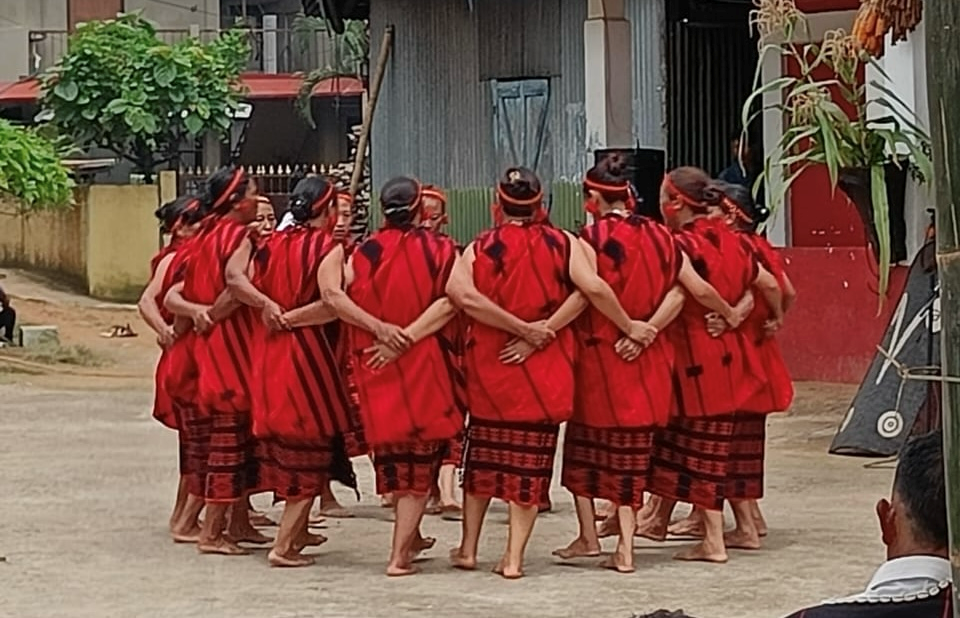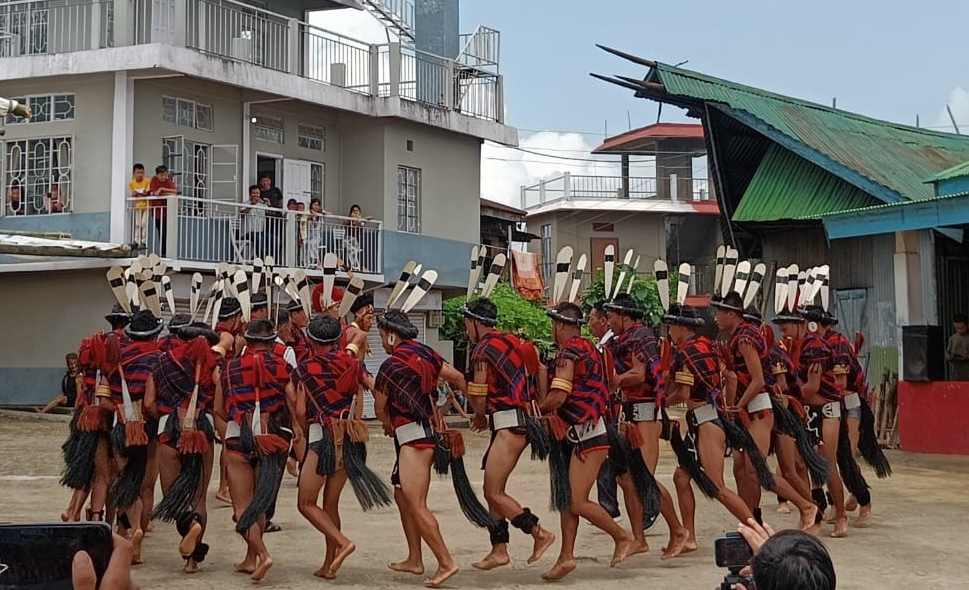Tsang Rii Mübü festival, is a pre-harvest festival that was celebrated primarily amongst the Sangtam community of Chare Area under Tuensang district. The festival is celebrated for three consecutive days from 12-14 August
Ariba Anar, Youth Ambassador, Tribal Design Forum, informed that Tsang Rii Mübü takes place right after all the crops are ripped and is ready to be harvested. Taking into account the climatic conditions, the harvest occurs in the month of August, which is much earlier in comparison to other villages of the region. Earlier, it was a celebration that involved only the Tsarü village, however, at present, Alisopur village also partakes in the festivity.
Download Nagaland Tribune app on Google Play

On the first day of the festival, initiative is taken up to clear/clean the path towards the new field. The new land is cleared for plantation for the following year. In preparation of the festival, they also clean their homes and the surroundings area.
The following day, animals like pigs, amongst others, are dispatched for the feast.
Tsang Mübü Festival is finally celebrated on the third day. It takes place as a medium of seeking blessings from God for a plentiful harvest. The day is marked by a community feast, singing of folk-songs, while the males perform folk dance and youths play traditional games like top spinning, merry making.
The day is concluded with prayers, seeking abundant blessings and good fortune for their cattle, domesticated animals and especially, for their upcoming harvests. On this day, no individual is allowed to come in or go out from the village gate.

Due to varying geographical locations, there is a difference in climate conditions. Hence, many Sangtam villages harvest their crops (mostly rice) in different months of the year, and these climatic conditions create a unique festival, specifically for this particular village/area as the harvest takes place in the month of August.
Though this festival is not officially recognised in the list of government holidays, some Sangtam villages like Tsarü village, and Alisopur village under Chare Area still celebrate this festival which was practiced by their ancestors.

